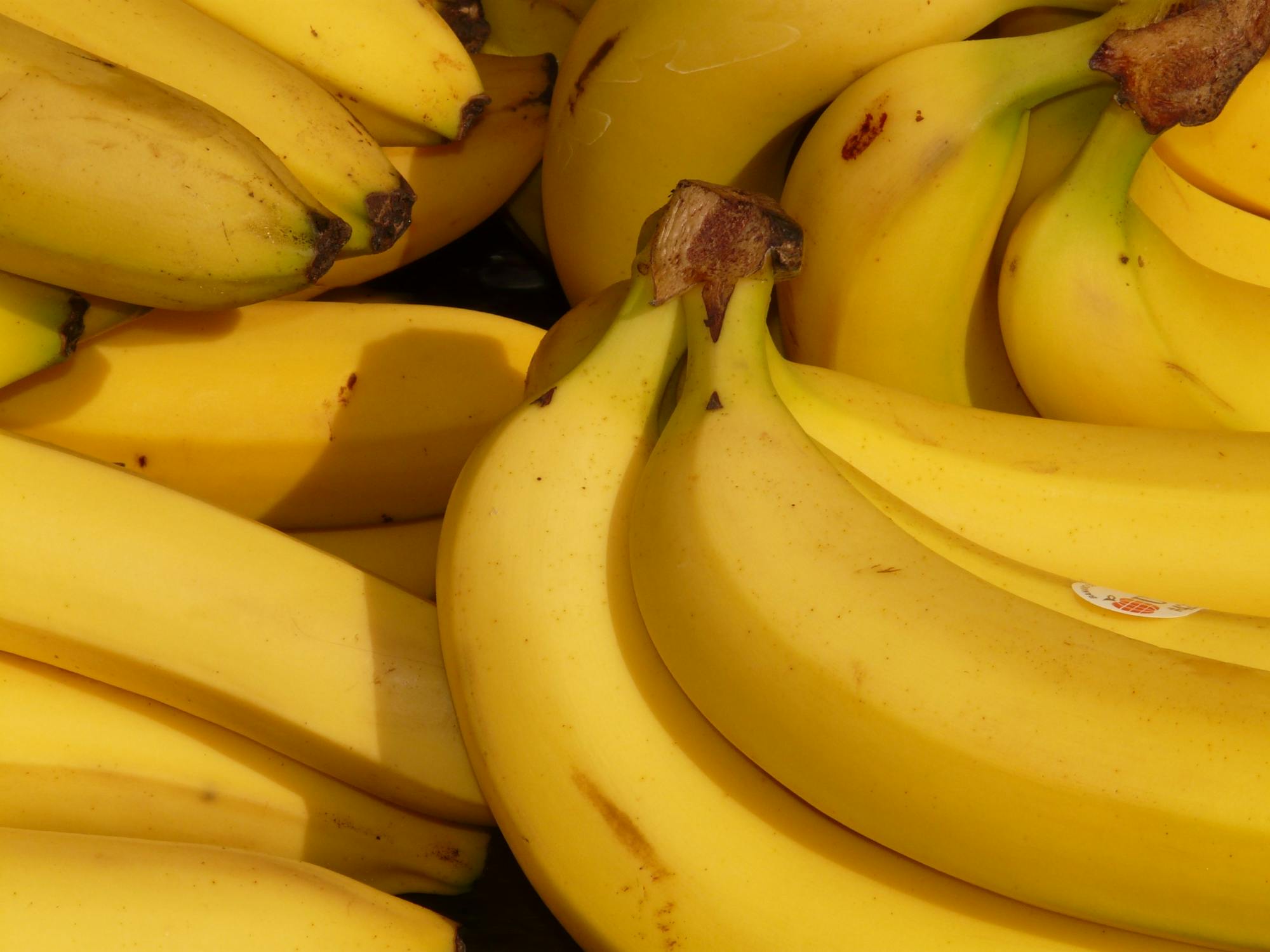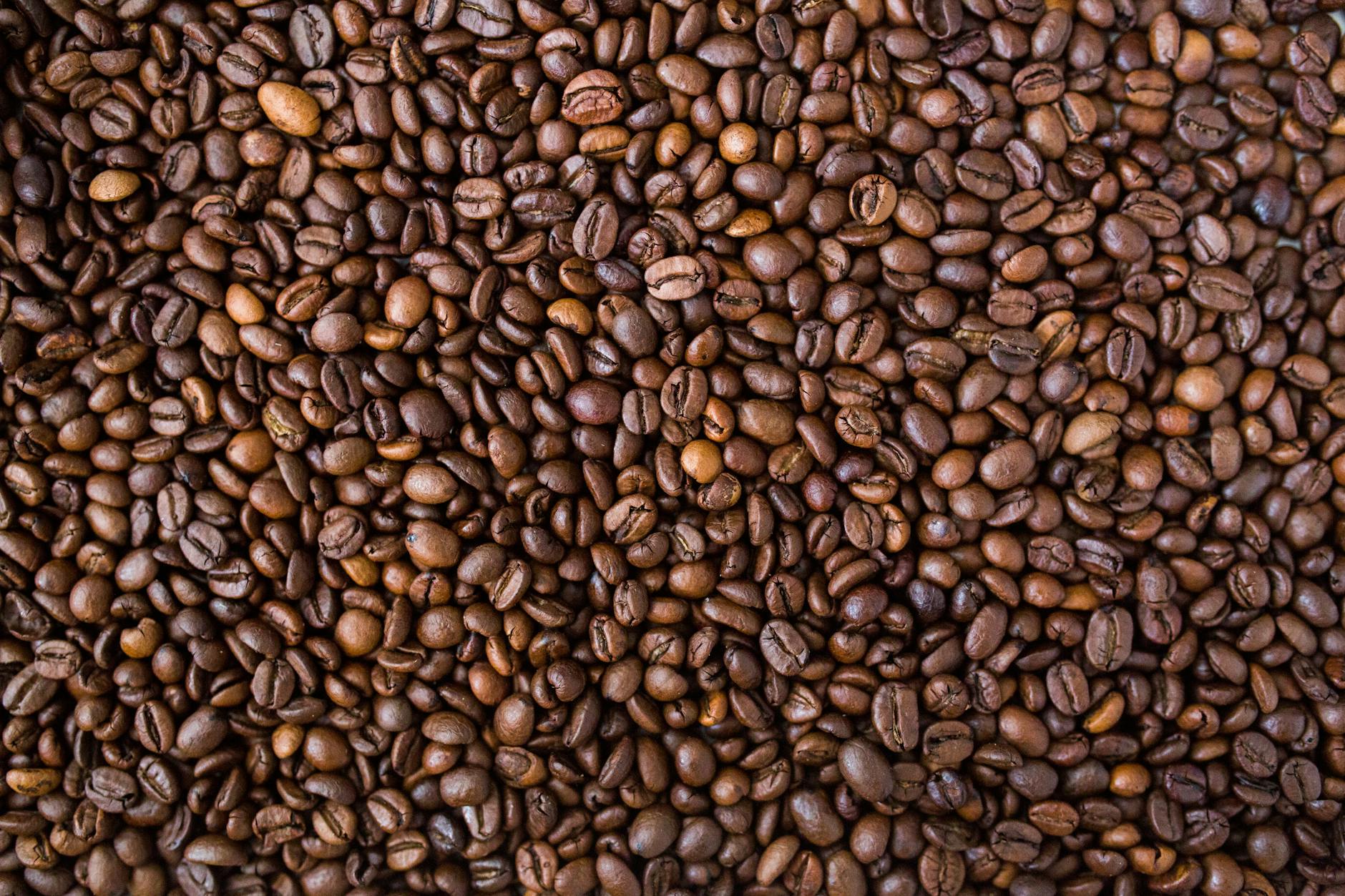
Tropic, uses CRISPR gene-editing to improve plant performance
Tropic, uses CRISPR gene-editing to improve plant performance without creating GMO crops. CRISPR is one of the latest molecular biology tools being applied in crop improvement research, and synthetic biotechnology research. CRISPR can induce mutations, changing the DNA sequence in a genome, in a very accurate and targeted way. In this case, Tropic are altering the genome in a crop-plant, so it is more desirable. CRISPR technology increases the speed of breeding compared to traditional crossing methods, and it is hoped that it will reduce the amount of diseases hitting tropical crops such as banana and coffee crops at the moment.

Read more about opportunities on Biomanufacturing in the GioBio report here

